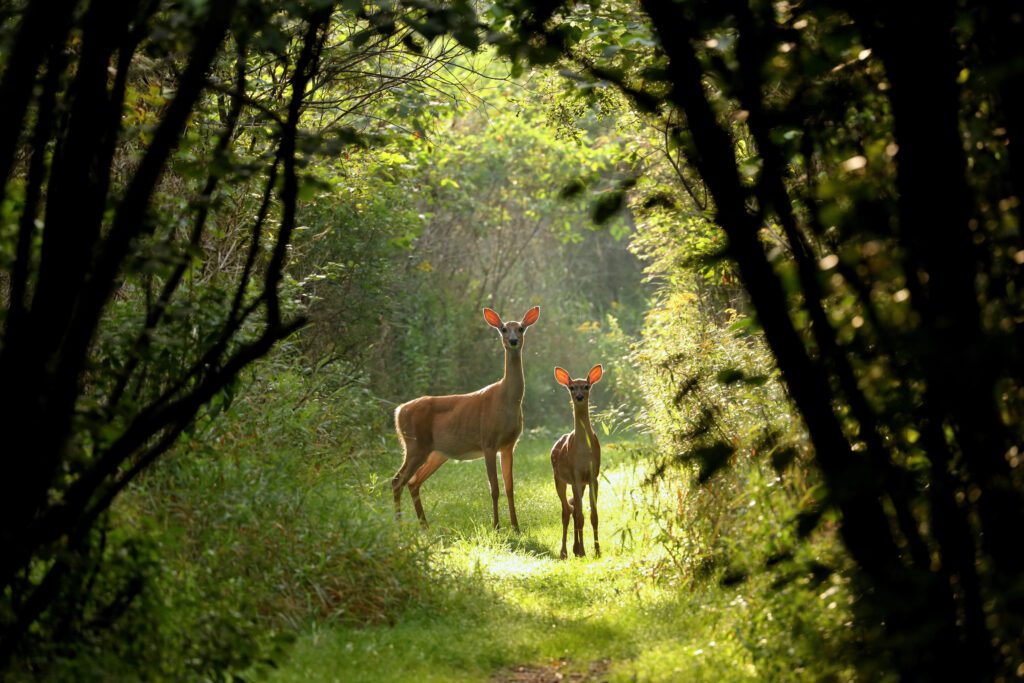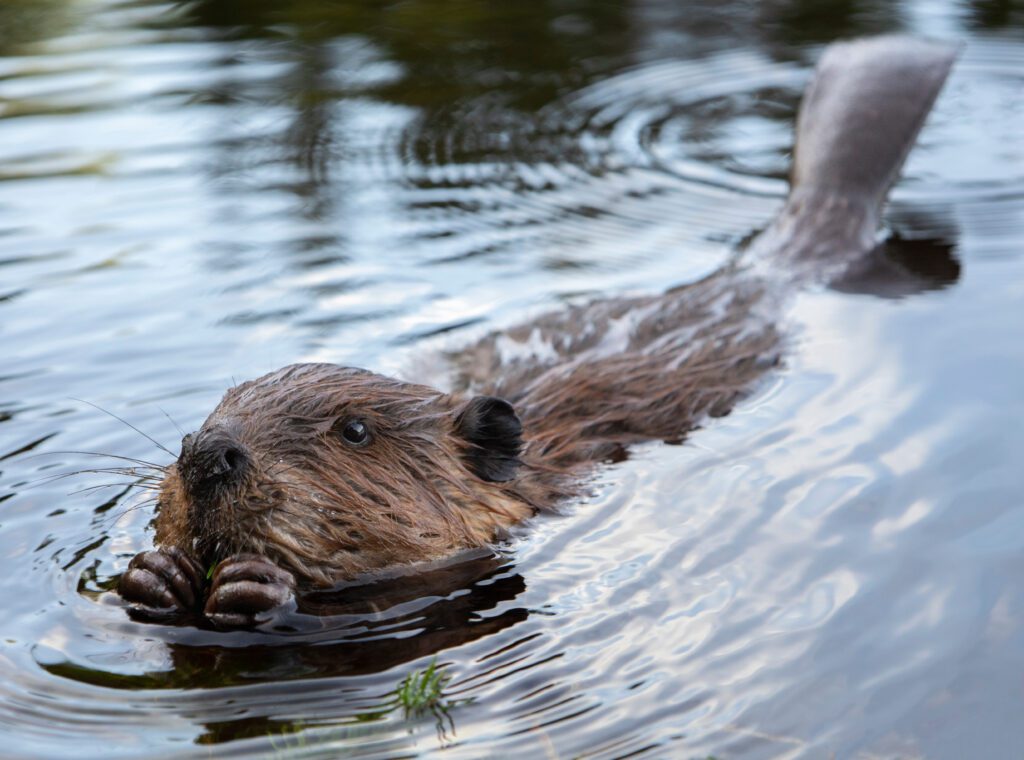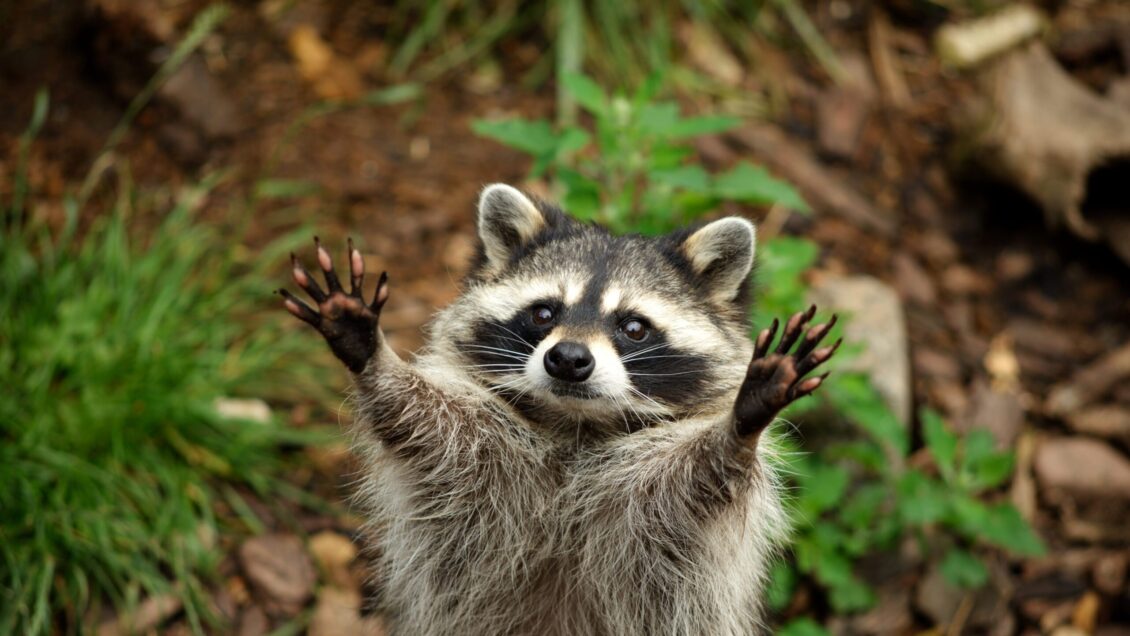Helping humans and wildlife coexist tends to be about providing humans practical guidance on how best to tackle conflicts, rather than directly managing the wildlife, and an upcoming webinar from Clemson University aims to do just that — while also giving the next generation of wildlife professionals a chance to practice what they’ll preach.
A special webinar for the Clemson community, “Dealing with Problem Wildlife,” will be held at 2 p.m. on Thursday, Dec. 7, as part of the Wildlife Damage Management class taught at the University by State Director for the U.S. Department of Agriculture’s Wildlife Services Noel Myers.
Those interested in taking part in the discussion, which will primarily focus on species local to the Clemson area and South Carolina, can join the webinar by Zoom.

“Within the Clemson community, there’s been significant interest in posts on social media sites such as the Nextdoor app related to wildlife, particularly wildlife that have caused problems over the last several years,” Myers said. “The webinar has been well received in the past and is an excellent opportunity for students to provide wildlife facts and solutions based upon the species that have recently popped up most prominently in social media discussions.”
Presentations will be provided by the class on coyotes, feral cats, wild hogs, white-tailed deer, Eastern gray squirrels, raccoons, Canada geese and beavers.
Students will give 12-minute presentations on each to provide a description of the biology and ecology of the wildlife species, an overview of common conflicts, options to reduce conflicts and sources of assistance. Participants will be able to ask questions after each presentation, and limited time will be devoted at the end for unrelated questions.
The Wildlife Damage Management course covers philosophical, social, ecological and economic issues concerning human-wildlife conflicts, and approaches for minimizing damage caused by individual animals or populations of problem wildlife species. The course involves a high degree of interaction with federal and state agency personnel, as well as private consultants, who work directly in the field of wildlife damage management.

“This webinar is a learning opportunity for the students, and I will be moderating along with our teaching assistant, Angelica Solano,” Myers said. “The webinar is not limited to Clemson but is focused on Clemson in terms of some of the species and issues, which are common to other communities in the state as well.”
A Ph.D. candidate focused on human-wildlife conflicts, Solano said the webinar offers students a real-world example of a primary challenge wildlife professionals face: showing the public the benefits of wildlife, while mitigating the negative factors involved in such conflicts such as economic costs, nuisance, property damage and potential disease transmission.
“The main goal is, first, to get the students to interact with the public and get real-world experience,” she said. “Human-wildlife conflicts are mainly working with the people rather than the actual wildlife. So, it is mostly about allowing them to have that experience of what issues people are facing and how to answer questions and think about those issue in-depth. And then, also, we want to show the public that there are ways to coexist with wildlife and show them how to avoid those negative interactions with wildlife.”
Those with questions may email Solano at lsolano@g.clemson.edu or contact the Department of Forestry and Environmental Conservation office at 864-656-3303.
Get in touch and we will connect you with the author or another expert.
Or email us at news@clemson.edu

